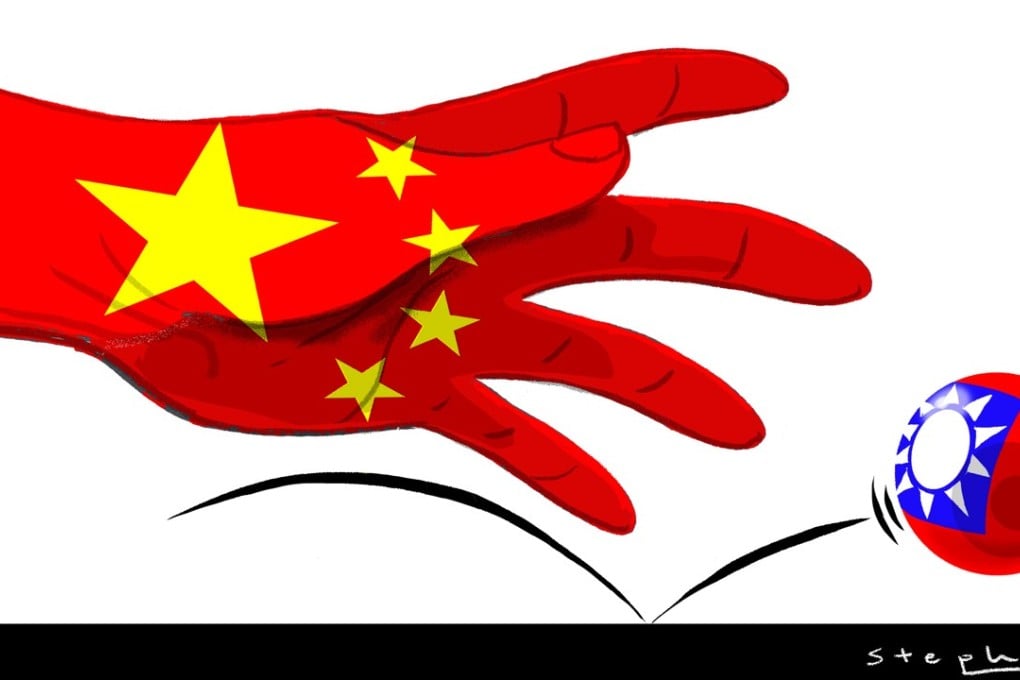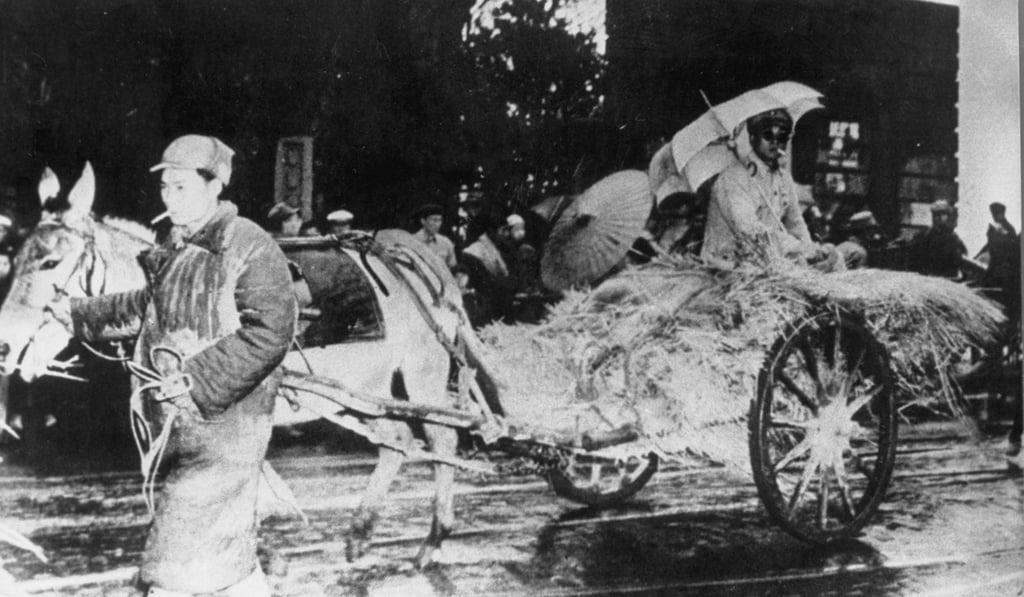China’s reunification dream will remain out of reach as long as Taiwanese feel they don’t belong
Chi Wang says Xi Jinping should focus on cultivating friendship and understanding and avoid threats towards Taiwan, to avoid hardening people’s resentment

As a Chinese American, I have a long association with people in Taiwan. I have built a connection to Taiwan through family friends, relationships with government officials and even students. Whether Beijing thinks Taiwan is still part of the same country, Taiwan does not consider itself part of mainland China. The time for easy reunification has long since passed.
If the people of Taiwan do not consider themselves part of a unified country, they will never be unified. Beijing and Taipei must take time to understand each other before any true unification is possible. Hopefully my own experiences, at the very least, can provide some understanding among them.
In April 1949, I was preparing to study in America. I had travelled through the countryside from Beijing to China’s eastern coastal Shandong province. There was no public transport then; the roads had been destroyed by the civil war between Mao Zedong’s communists and the Kuomintang government of Chiang Kai-shek. I travelled with seven or eight classmates through the most destitute areas of China, catching rides on the backs of trucks and bicycles and sleeping on the floor. These areas, “liberated” by the victorious communists, could not have been poorer.
